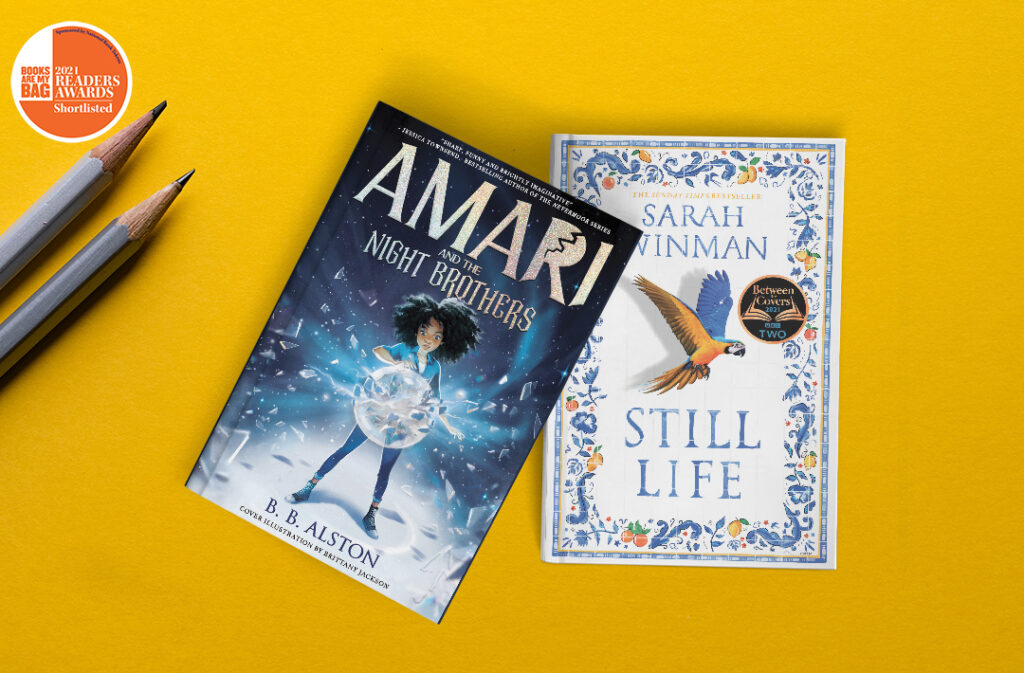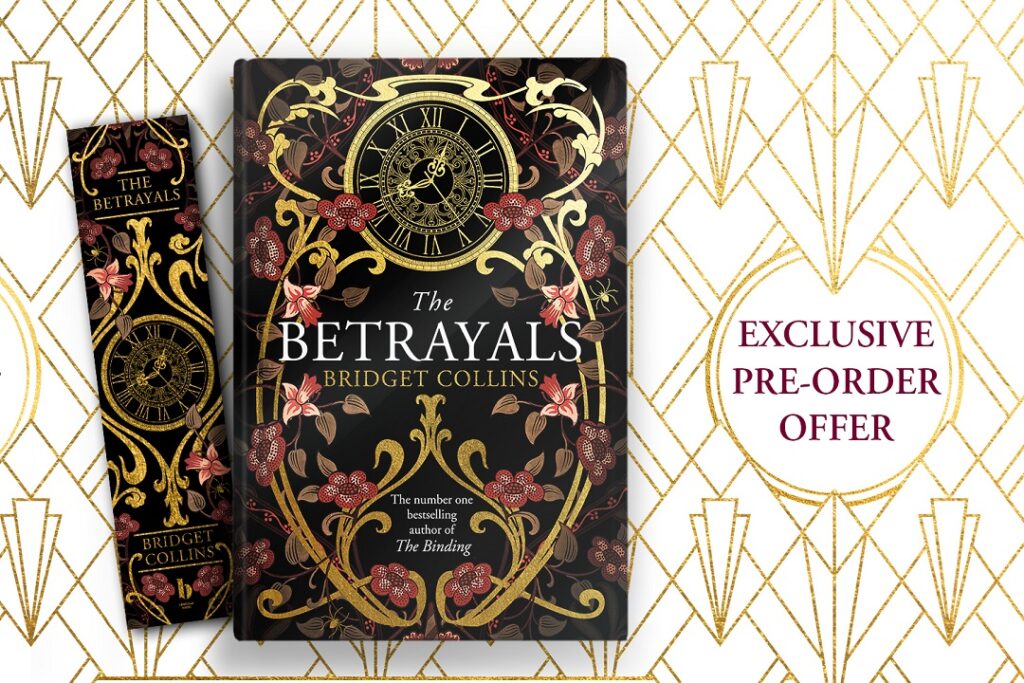I wanted my novel to convey the rottenness at the heart of selfish living, the complexity of ‘doing the right thing’, and the ties that bind family, themes that I think will always be powerful and relevant.
When my mother was in her twenties she left her studio flat on Shepherd’s Bush roundabout with its one gas ring and shared bathroom, deferred her job for a year and moved to Lesotho to work at a school in the mountains. In the end, she fell in love with the country and it would be years before she returned.
Since Africa loomed over my childhood, it was natural to me to go out there aged eighteen to work in a boarding school in South Africa, and then again after university, when I travelled around East Africa, volunteering at schools and for local charities. When I came back I knew I wanted to write about the continent, about the people, the heat, and the politics, but to create a sense of distance for myself, I decided to set my novel in the past. It was then that I came across the Happy Valley set.
From the start, I was fascinated by this rag-tag group of peers, socialites and American millionaires, and the more I read, the more I realised their lives were those of outsiders, not just in a foreign culture, but in their own countries too. I took some of their stories as inspiration for my own, in particular that of Alice de Janzé (the inspiration for Sylvie), a beautiful heiress living in the Wanjohi Valley in Kenya who kept a lion cub as a pet, conducted an affair with Josslyn Hay (the inspiration for Freddie), and was rumoured to have shot him (though this was never proved) before killing herself.
I was also struck by the extent to which these kinds of people found it hard to relinquish the positions of influence or power they had come to enjoy; seeing this trait echoed in society today, I knew I wanted to explore it. Maud, sister to my protagonist Theo, rails against the sense of entitlement and lack of sympathy shown by members of the Happy Valley set towards those less fortunate. She can’t comprehend how policies that punish people for the circumstances of their birth are so widely accepted. On the other hand, Theo spends a large part of the novel seduced by the group’s callous, hedonistic lifestyle. An outsider himself, he is especially vulnerable to their appeal, believing their acceptance of him makes him more interesting, more exciting.
As they grow older, Theo and Maud begin to diverge to greater degrees. Although Maud also embodies to an extent the ‘white saviour complex’, she is the moral core of the novel and Theo comes to respect her, even as he is corrupted further by his association with the Happy Valley set. Ultimately, I wanted my novel to convey the rottenness at the heart of selfish living, the complexity of ‘doing the right thing’, and the ties that bind family, themes that I think will always be powerful and relevant.
Kat Gordon
Out 31st May 2018
Hardback
The Borough Press
9780008253066
RRP 14.99
Proofs available – email independentthinking@harpercollins.co.uk to request a copy now
Photo credit: Charlotte Knee




